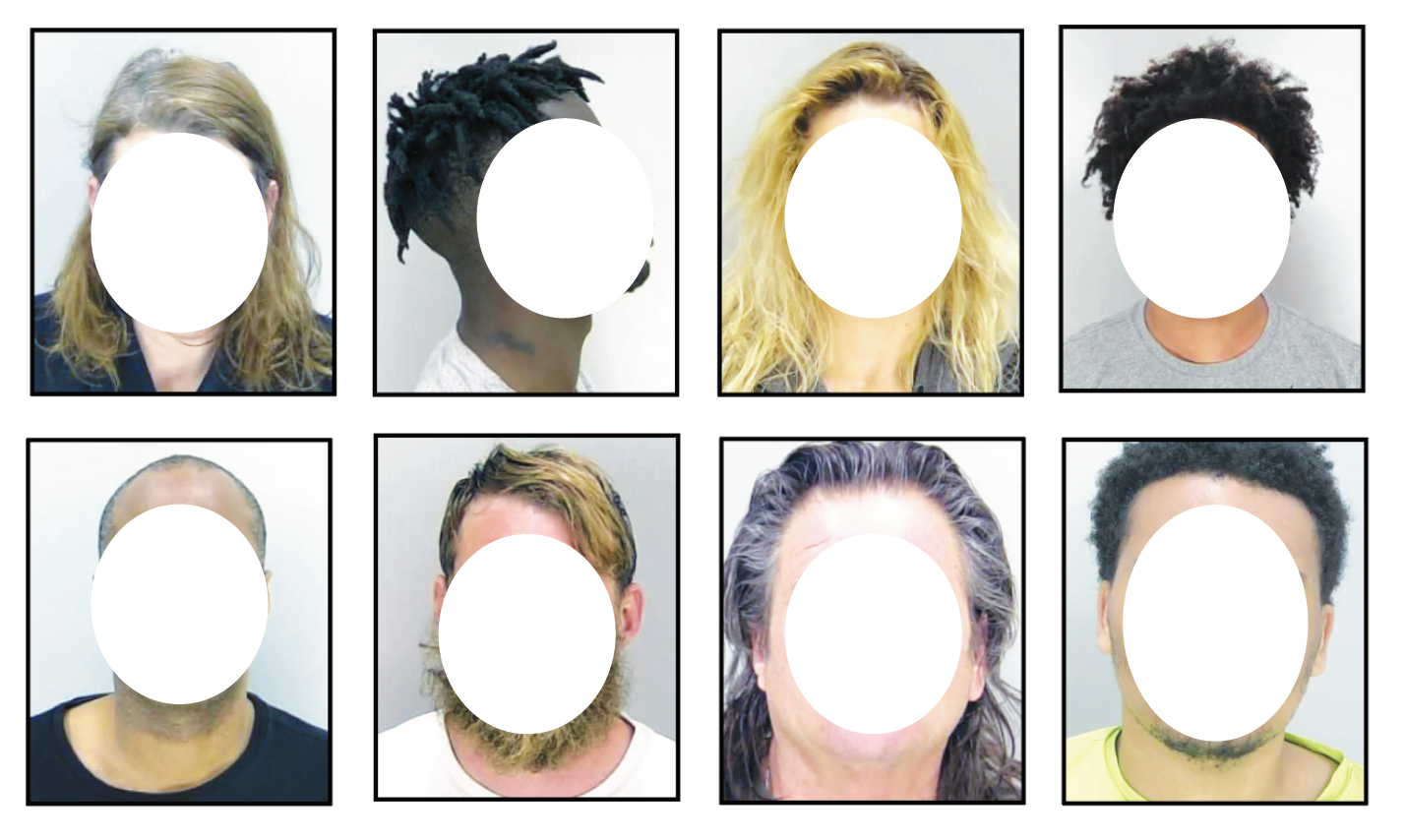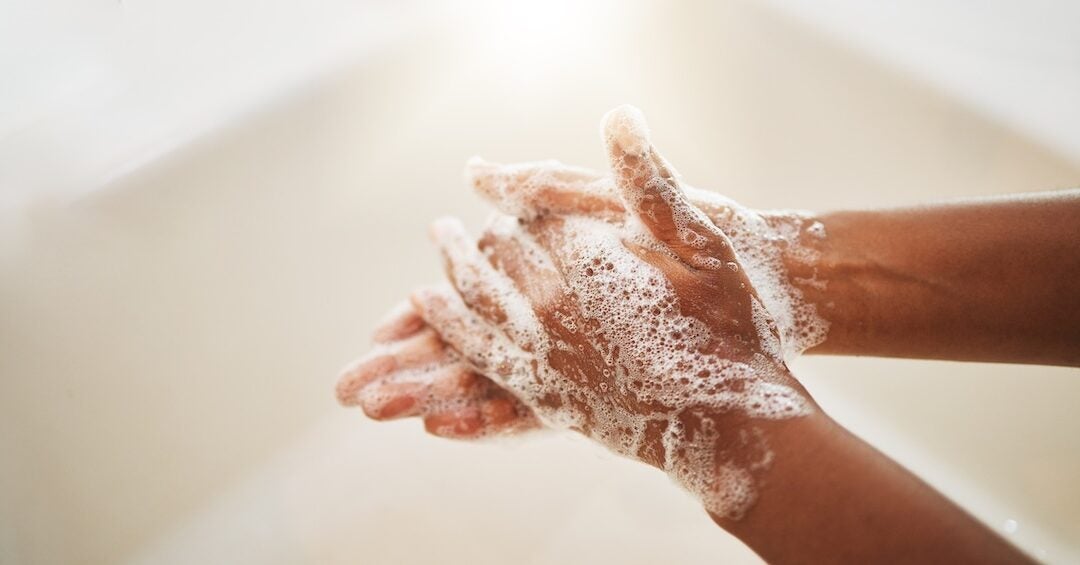Georgia lawmakers have successfully blocked the latest attempt to restrict the posting of arrest mugshots, a decision that many are celebrating as a win for public transparency and the freedom of information.
Despite gaining bipartisan support in previous years, including backing from high-profile legislators, efforts to pass this legislation have stalled again as the 2025 session progresses.
This outcome is seen by many as a positive development, preserving crucial public access to arrest information that is championed by the Georgia Press Association and the Georgia Sheriff’s Association. Mugshots are more than just photographs; they are an essential part of holding law enforcement accountable and ensuring that the public remains informed about individuals who have been arrested – regardless of the outcome of their case.
The proposed legislation in Georgia House Bill 10 would have restricted the release of mugshots unless the individual in question was convicted of the offense for which they were arrested. Under this bill, only news media representatives could access the photographs before a conviction, and they would have to meet specific conditions to do so. These conditions included ensuring the photograph was being used for journalistic purposes and not for commercial gain. Media organizations would also be required to provide their legal and trade names and pledge not to charge individuals to remove their mugshots from websites.
While the bill was presented as an effort to curb exploitation of mugshots on profit-driven websites, critics of the bill said it ignored the bigger picture – the value that mugshots hold in keeping the public informed.
Advocates for the bill, like Rep. Derrick Jackson, pointed to tragic cases such as the suicide of an 18-year-old who couldn’t afford to have his mugshot removed. But others argued that banning the release of mugshots would do far more harm than good.
Opponents of the bill emphasize that publicly released mugshots serve an essential role in public safety. Even when charges aren’t proven, these photographs help keep citizens informed about arrests and potential threats in their communities. This transparency helps foster trust in law enforcement and acts as a deterrent to potential offenders. Without the threat of public exposure, there is less incentive to avoid illegal activities.
Existing laws already offer safeguards for those whose charges are dropped. Georgia law requires that mugshot websites remove images when charges are dismissed, which prevents financial exploitation while maintaining transparency. Given these protections, restricting access to mugshots would undermine the public’s right to know and reduce essential transparency.
Attorney David Hudson, a partner with Hull Barrett PC who serves as counsel for the Georgia Press Association, notes that current laws already prevent publications from using mugshots to extract payments for their removal. According to Hudson, banning the release of mugshots would undermine an important service that provides essential public benefits.
“Mugshots help protect citizens by allowing them to avoid contact with individuals who have been arrested for serious offenses,” Hudson said. “They also allow business owners to make informed decisions about whom to hire.”
Hudson also emphasized that citizens should have the right to access this information, enabling them to avoid individuals who have been arrested and may pose a threat to their safety. In this light, the push to restrict mugshots not only infringes on the public’s right to know but also potentially puts communities at risk, he said.










